Jan. 10, Rada‘ Force arrests former LPTIC head Faisal Qurqab for storming LPTIC HQ in Tripoli.
HoR Speaker Ageela Saleh says GNU ‘expired’, must be replaced.
Jan. 13, LNA announces southern borders with Chad, Sudan closed until further notice to boost area safety.
UNSG Guterres says UN working closely with Libyan parties to reschedule elections ASAP.
Jan. 16, rival armed groups clash in Tripoli amid ongoing insecurity.
TRIPOLI
- Clashes broke out in Libya’s capital Tripoli between rival armed groups Jan. 16 amid a state of ongoing insecurity. Jan. 16, fighting took place on the Shatt Road near the port of Tripoli and the Central Bank of Libya between the Nawasi Brigade and the Special Deterrence Force. A number of eyewitnesses said that the clashes coincided with the passage of armoured vehicles and cars in both directions. The fighting sparked panic among the locals, while the government remained silent in the face of what observers described as a struggle between contending factions;
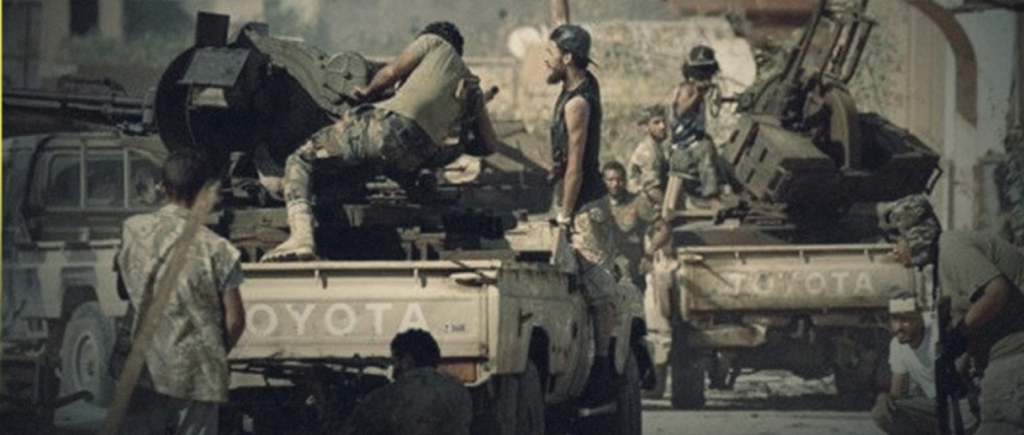
- Jan. 15, the Libyan Crimes Watch (LCW) uncovered that three Moroccan migrants were killed in a detention centre for migrants in the Al-Maya coastal town, West of Tripoli. In a statement, the organisation clarified that the three migrants, namely Abdulaziz Al-Harshi, Hamza Ghadada, and Mohammed Attah, were held in the detention centre supervised by the Stability Support Apparatus led by Abdul Ghani Al-Kikli, also known as “Ghneiwa”. The LCW stated that one of the three migrants was subjected to torture leading up to his death after the deterioration of his health conditions. It added that the three bodies were transferred to the mortuary at Al-Zahraa General Hospital;
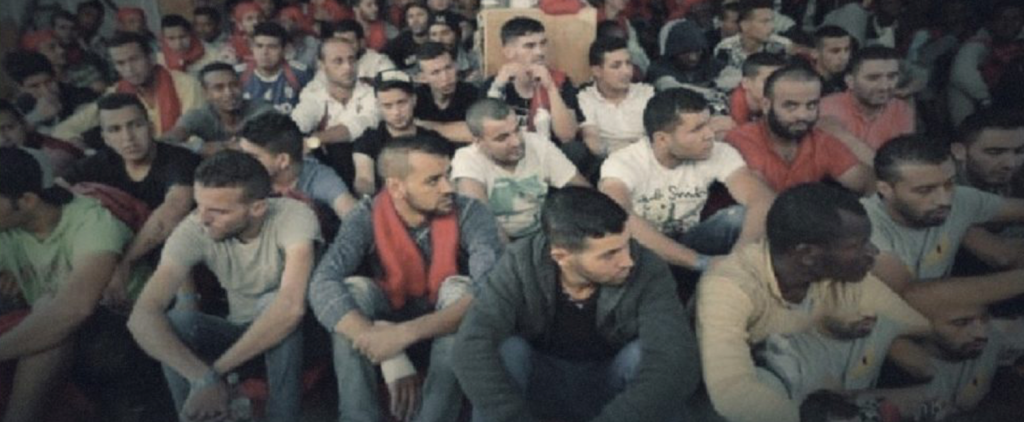
- Jan. 10, Libya’s Special Deterrence Forces (RADA) arrested the former Head of Libya’s Post and Telecommunications Holding Company (LPTIC), for storming the offices in Tripoli. According to a statement published by RADA, Faisal Qurqab, accompanied by Mohamed Al-Hijazi, and an armed group stormed the headquarters of the holding company. RADA explained that during the attack, the company’s headquarters were broken into and employees were attacked. The statement indicated that the attackers claimed they were implementing an unresolved judicial ruling in favour of Qurqab. It added that the attacking parties were arrested, and were referred to the competent authorities to begin the necessary legal measures against them.
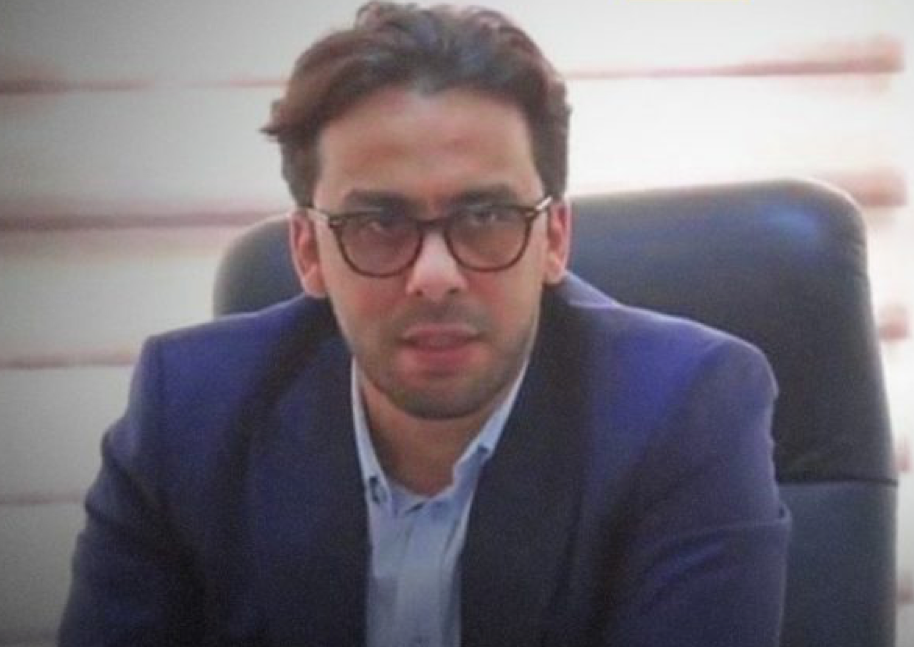
NATIONAL POLITICS AND SOCIAL ISSUES
- Libyan Parliament Speaker, Ageela Saleh stated that the Government of National Unity (GNU) has expired, and must be reconstituted. Jan. 10, during his Presidency of the Parliamentary session, Ageela Saleh confirmed that the Parliament is working on developing a new roadmap to complete the electoral process for a new Government. This is in coordination with the High National Elections Commission (HNEC), the Supreme Judicial Council, the Ministry of Interior, and the security services. He called on the Attorney General and regulatory bodies to stop the exchange of the government, without coordination with the Parliament’s Finance Committee;
- Musa Faraj, a member of the Libyan Political Dialogue Forum (LPDF) and the High Council of State (HCS), said that any new roadmap that does not include a specific date for holding parliamentary elections will not be acceptable for the Libyan people. In press statements, the LPDF member said, “our focus should now be on the constitutional path and reaching consensus on holding elections to end the decade-long division.” He also urged the country’s House of Representatives (HoR) and the HCS to jointly work for completing the constitutional entitlement, as well as focus on ways aim to end the current transitional stage;
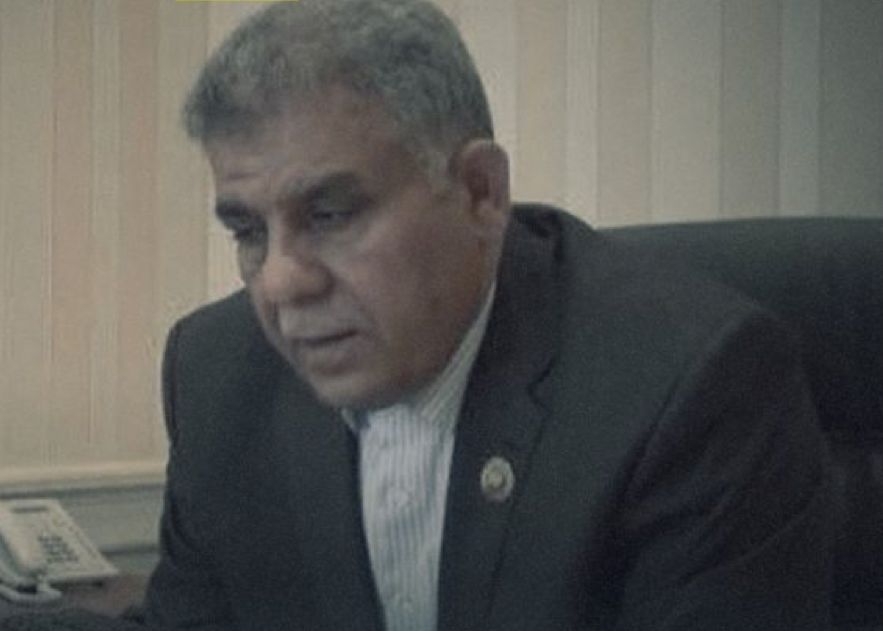
- Jan. 11, Libya’s National Oil Corporation (NOC) announced it was suspending oil exports from the El-Sedra terminal, citing a lack of storage capacity at the port due to damage to the facilities, inadequate funds, and bad weather. It said in a statement that the El-Waha Oil Company, which exports oil through the El-Sedra terminal has reduced production by 50,000 bpd. “The continuation of bad weather may lead to a further reduction in daily production, reaching 105,000 barrels per day,” the NOC added. The company criticized its lack of budget, and inability to finance projects. It also blamed the “responsible authorities” for the halt in production.
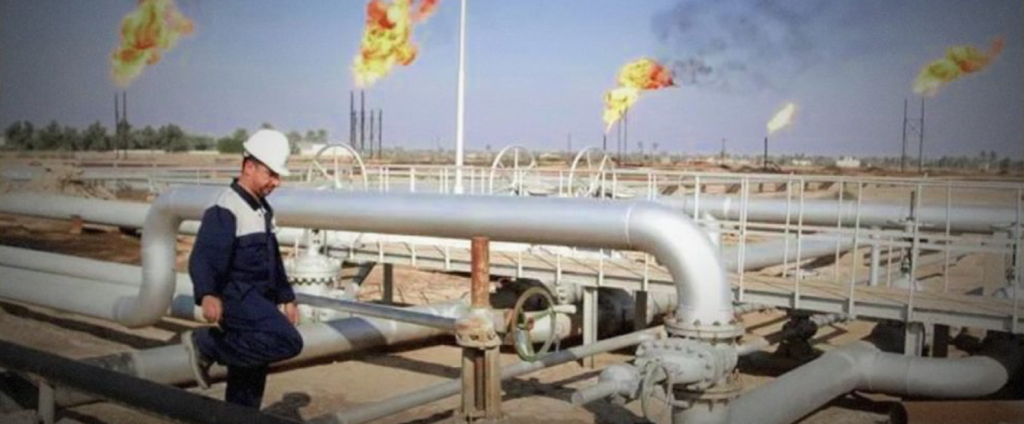
NATIONAL SECURITY
- The Explosives Bureau team, at the Libyan Police’s Technical Affairs Department cleared anti-personnel mines from a farm in the Ain Zara area of Tripoli. The Ministry of Interior said in a statement that the team combed the farm, as they believed that mines had been planted extensively on the land. This came after a report was received that three people had been killed on the farm, which has become known as the “death farm, according to the statement;
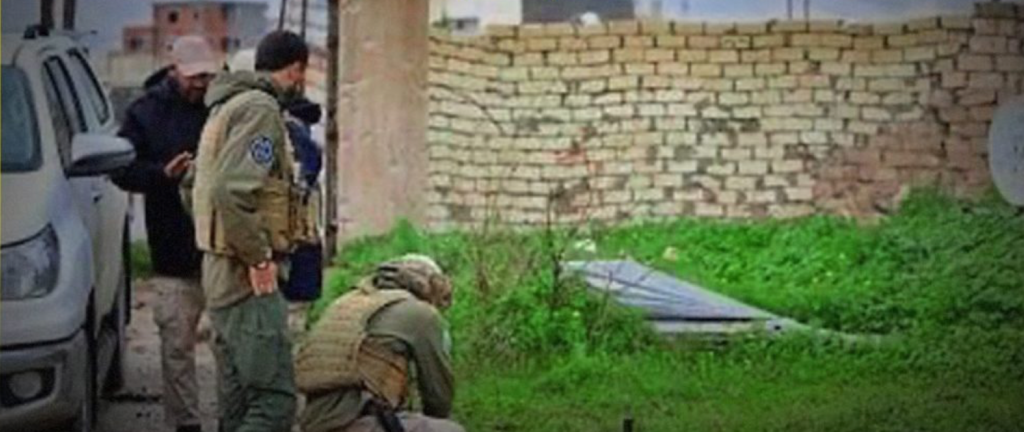
- Major General Khaled Al-Mahjoub, Director of Moral Affairs in the Libyan National Army (LNA), said more than 1,000 migrants were deported from Libya to Niger. In a press briefing, Al-Mahjoub noted that work is being done to end the phenomenon of “illegal” migration in the North-African country. He pointed out to the “qualitative operations” of the armed forces in the southern region of the country aim to combat “illegal” migration and smuggling;
- The Petroleum Facilities Guard (PFG) in Tripoli announced the exchange of military numbers for 1,068 members who joined the PFG branches since 2012. It offered this in conjunction with a voluntary contract in the Libyan army for a period of five years from the date of their graduation, and the cancellation of their contracts as revolutionaries. In a statement, the PFG said that the Organization and Administration Authority of the Libyan army (in Tripoli) finished issuing 1,068 military numbers to all branches of PFG. This brought the number of those receiving military numbers from its employees to 6,000;
- The General Electricity Company of Libya (GECOL) revealed that several electricity distribution centers in the west of the country have been looted. It confirmed the theft of 2,550 meters of copper wire in three areas, part of the Jafara and Qasr Bin Ghashir distribution departments. The company said that this theft is part of a series of attacks against the struggling national power grid. In a statement, GECOL added that 450 meters of high-pressure wires were stolen from the Al-Mashtal line, part of the Al-Zahra distribution department;
- The Libyan National Army (LNA) has begun “a wide and comprehensive military operation in the south of the country to impose security, the Commander of Southern Operations and the Sebha Military Region, Major General Al-Mabrouk Sahban said. The Libyan Commander added that, the first phase of the military operation will target all violators participating in random construction, drug trafficking, smuggling, illegal immigration, and armed groups;
- Jan. 13, the Libyan National Army (LNA) announced that it has closed its southern borders with Chad and Sudan until further notice, according to the Subul Al-Salam Brigade. The brigade called on vehicle and truck drivers to abide by this decision, “to preserve their safety at the present time.” Jan. 12, Kingabe Ogouzeimi de Tapol, a Spokesman for the Front for Change and Concord in Chad (FACT), said that many Chadian rebels are still present in Libya.
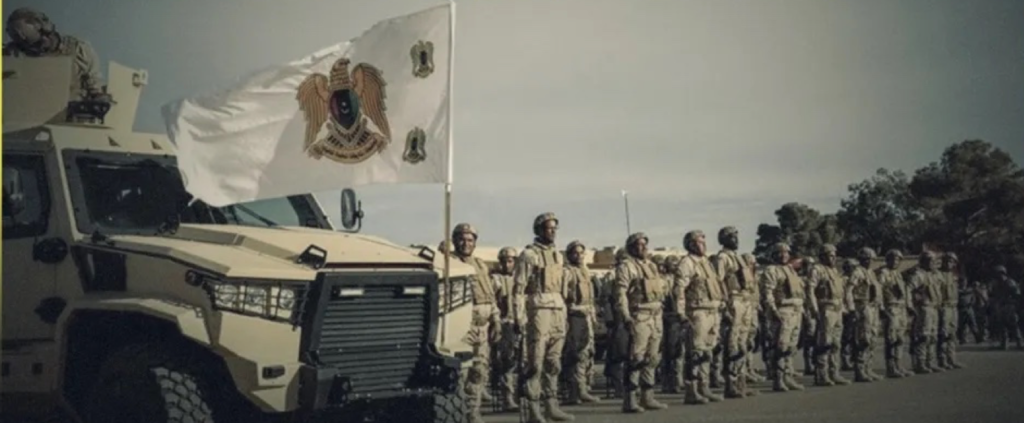
INTERNATIONAL RELATIONS
- Jan. 16, US Secretary of State, Antony Blinken held talks with his French counterpart, Jean-Yves Le Drian to discuss promoting the democratic process in Libya, according to the State Department. The US and France agreed on the importance of holding elections that will reflect the will of the Libyan people, while continuing the security, military, and economic tracks. Efforts to lead Libya into elections at the end of December were thrown into disarray when the country’s electoral commission said a vote could not take place. It cited “inadequacies” in the electoral legislation and the judicial appeals process;
- Jan. 15, the United Nations (UN) Secretary-General’s Special Adviser on Libya, Stephanie Williams, and the Arab League Secretary-General, Ahmed Aboul Gheit, discussed the latest developments in Libya. They discussed Libya during a meeting held in the Egyptian capital, Cairo. During this meeting they stressed the necessity of holding Libyan elections and discussed ways to support the political process in Libya. Notably, Williams arrived in Cairo Jan. 16 as part of a foreign tour, including Tunisia and Turkey. She is scheduled to visit Moscow and other capitals, asking for regional support for the solution of the Libyan crisis;
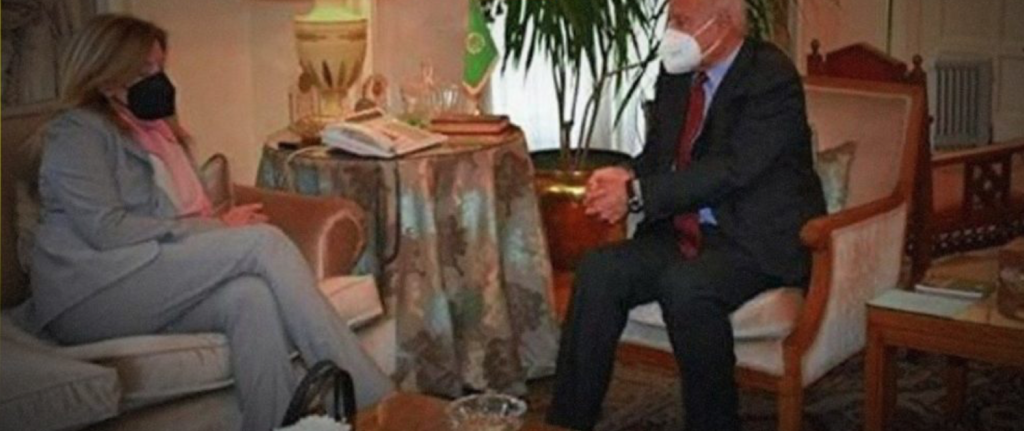
- Jan. 16, Egypt Foreign Minister, Sameh Shoukry, and his Algerian counterpart, Ramtane Lamamra, discussed the latest developments in the Libyan crisis at the Ministry’s headquarters in Cairo. The official talks touched upon several regional issues of mutual concern, including the Libyan file, Egypt’s Foreign Ministry Spokesman, Ahmed Hafez, stated. Shoukry stressed the importance of supporting a Libyan-Libyan solution to get out of the current crisis, underlining the need to stop any foreign interference in Libya’s domestic affairs;
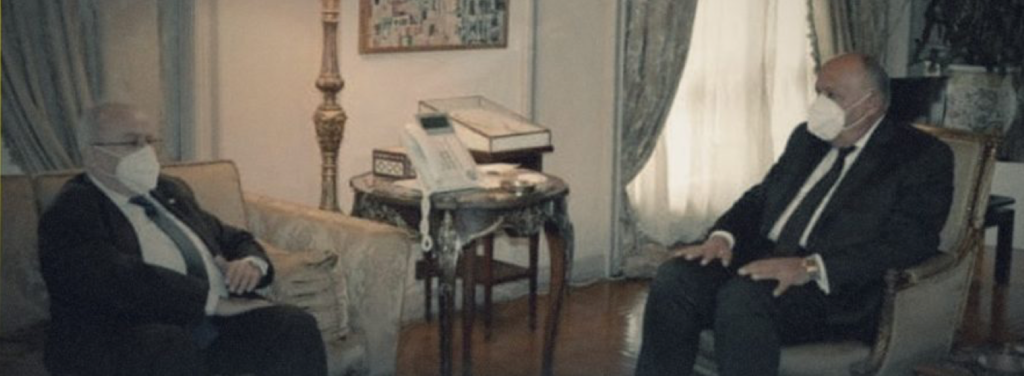
- Jan. 15, the Russian Deputy Foreign Minister, Sergey Vershinin, invited the Special Adviser to the Secretary-General of the United Nations (UN) on Libya, Stephanie Williams, to visit Russia for talks on the Libyan issue. It is expected that the UN official will arrive in Moscow on Monday, January 17, after a visit to Turkey. Notably, the UN Special Adviser stressed the role of Libya’s neighbours in supporting the Libyan dialogue. The UN offical met with the Algerian Ambassador to Libya, Slimane Chenine, in Tripoli to discuss the latest developments. “We stressed the important role of Libya’s neighbours to support the three intra-Libyan dialogue tracks,” Williams tweeted;
- Jan. 15, the Libyan Minister of Foreign Affairs, Najla Al-Mangoush, paid an inspection visit to the migrant shelter centre in the Ain Zara area of the capital, Tripoli. During the visit, Al-Mangoush listened to the demands of migrants and their needs in terms of health care and living. She confirmed that the Government of National Unity (GNU) pays special attention to this file, in a manner that guarantees respect for human rights and the preservation of the dignity of all migrants;
- Fausto Biloslavo, a writer at the Italian newspaper, Il Giornale, said that the Italian military in Libya is blocked by the Libyans. They are making money on visas for the new unit, which was already supposed to replace the Italian men. Biloslavo added, “there is a proposal for return flights in February, but only one proposal. My partner was to return with the other soldiers to Italy Jan. 5th. Then, there will be Islamic holidays in March and the risk is that everything will stop.” The Il Giornale writer noted, “in Libya, we have 400 men, 142 land vehicles and two air vehicles. About 250-300 are in Misrata with a field hospital, but they cannot return, despite the end of their mission period. The Libyans also played a similar trick on us last year and only three months late the troops were able to take over;
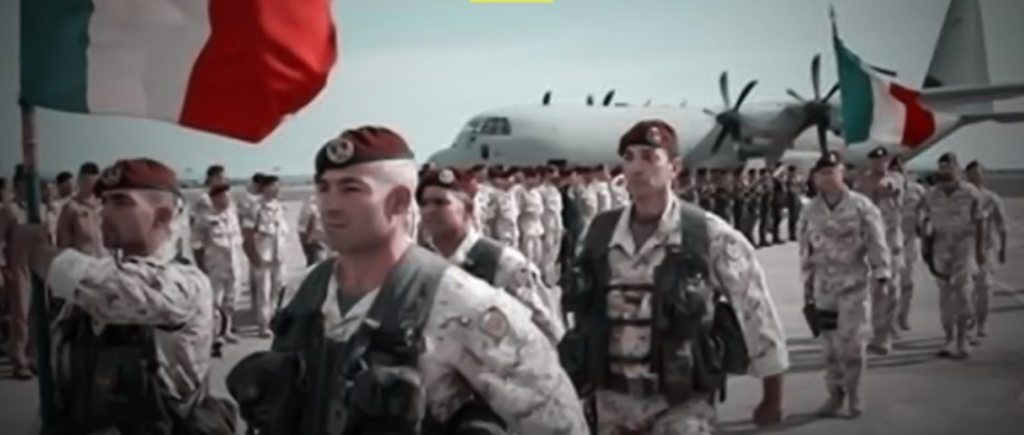
- UN Secretary-General, Antonio Guterres stated that the UN is working closely with Libya’s political parties to reschedule its elections as soon as possible. In press statements, Guterres said that his Special Advisor on Libya (SASG), Stephanie Williams is working with various parties to create the necessary conditions, “to move things forward as quickly as possible. As a positive element, Guterres indicated that the Libyan Parliament is able to organise a committee to set a roadmap;
- Jan. 13, Italian Foreign Minister, Luigi Di Maio and his Spanish counterpart, José Manuel Albares Bueno exchanged views on the election process in Libya. The bilateral meeting on the sidelines of a meeting of EU foreign ministers in the French city of Brest. The agenda of the informal meeting included the strategic approach towards China, and partnership with the African Union. As well as a review of foreign and security policy issues of strategic importance to the EU;
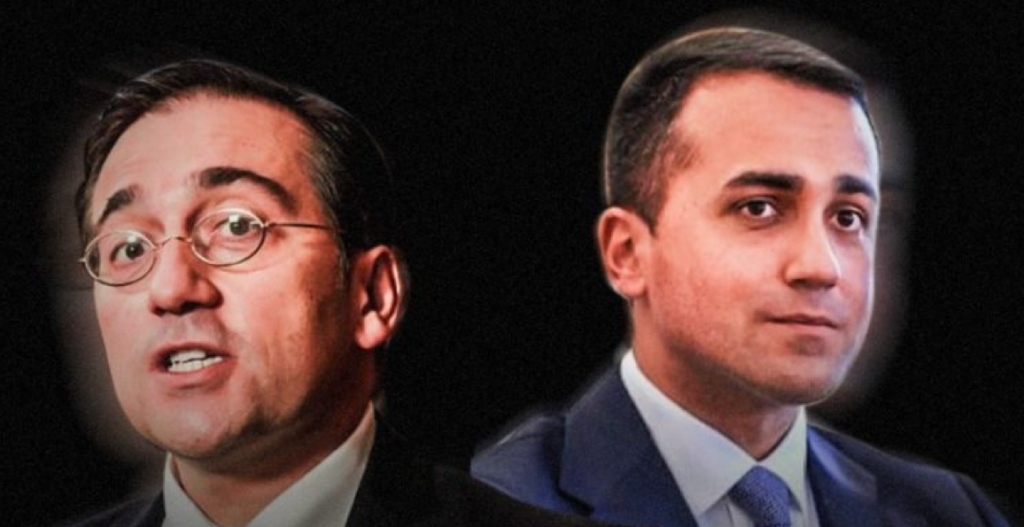
- Jan. 13, the US Ambassador to Libya, Richard Norland met with the Russian Chargé d’Affaires, Jamshed Boltaev in Tunis. The two diplomats discussed “all possible ways aim to restore momentum to the Libyan-led and UN-facilitated Presidential and Parliamentary elections in Libya.” During the talks, Norland stressed the importance of fulfilling the demands of millions of Libyans who are ready to exercise their right to vote. He also voiced his support for Libya’s efforts to reach a political resolution to the conflict, after the 24 December Presidential elections were postponed.























